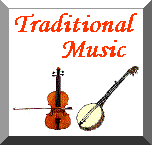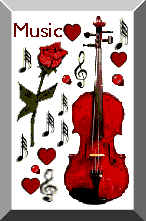|
|
 |
|

The late 1960s and 1970s saw the resurgence of a more traditional country sound. The Nashville sound, by 1970, was well-worn,
and had merged into the pre-British Revolution pop culture in many areas. Aside from the "outlaws" profiled below, new artists
such as Charley Pride ("Kiss an Angel Good Morning") and Conway Twitty ("Hello Darlin' ") emerged to break the mold of the
Nashville Sound. Southern Country Rockers such as The Outlaws, The Marshall Tucker Band, David Allan Coe, The Charlie Daniels
Band, and others took country to a new, higher level. Without a doubt, though, it was the outlaws who defined this era in
country music.
|
 |
|
The songs of Roy Rogers, Gene Autry, and the Sons of the Pioneers put the Western in Country and Western Music. Much
of this music was written for and brought to the American public through the cowboy films of the 30's and 40's and was widely
popular.
Perhaps no other institution is more synonymous with country music than WSM Radio's Grand Ole Opry in Nashville, Tennessee.
Since 1925, it has featured country music acts on it's stage for live Saturday night broadcasts. This program has introduced
the nation to most, if not all, of the greats of country music. To this day, membership on the Opry remains one of a Country
Music artist's greatest ambitions.
No other style of country music has had a greater influence on today's artists than the style known as Honky Tonk.
Honky Tonk music embodied the spirit of dancing and drinking, and of loving and then losing the one you love. Its greatest
practitioners owe their singing style to Jimmie Rodgers and much of the music to the steel guitar and drums of Bob Wills and
Western Swing.
|
 |
|
What's New?
|
|
 |
|
|
|
|
|
 |

